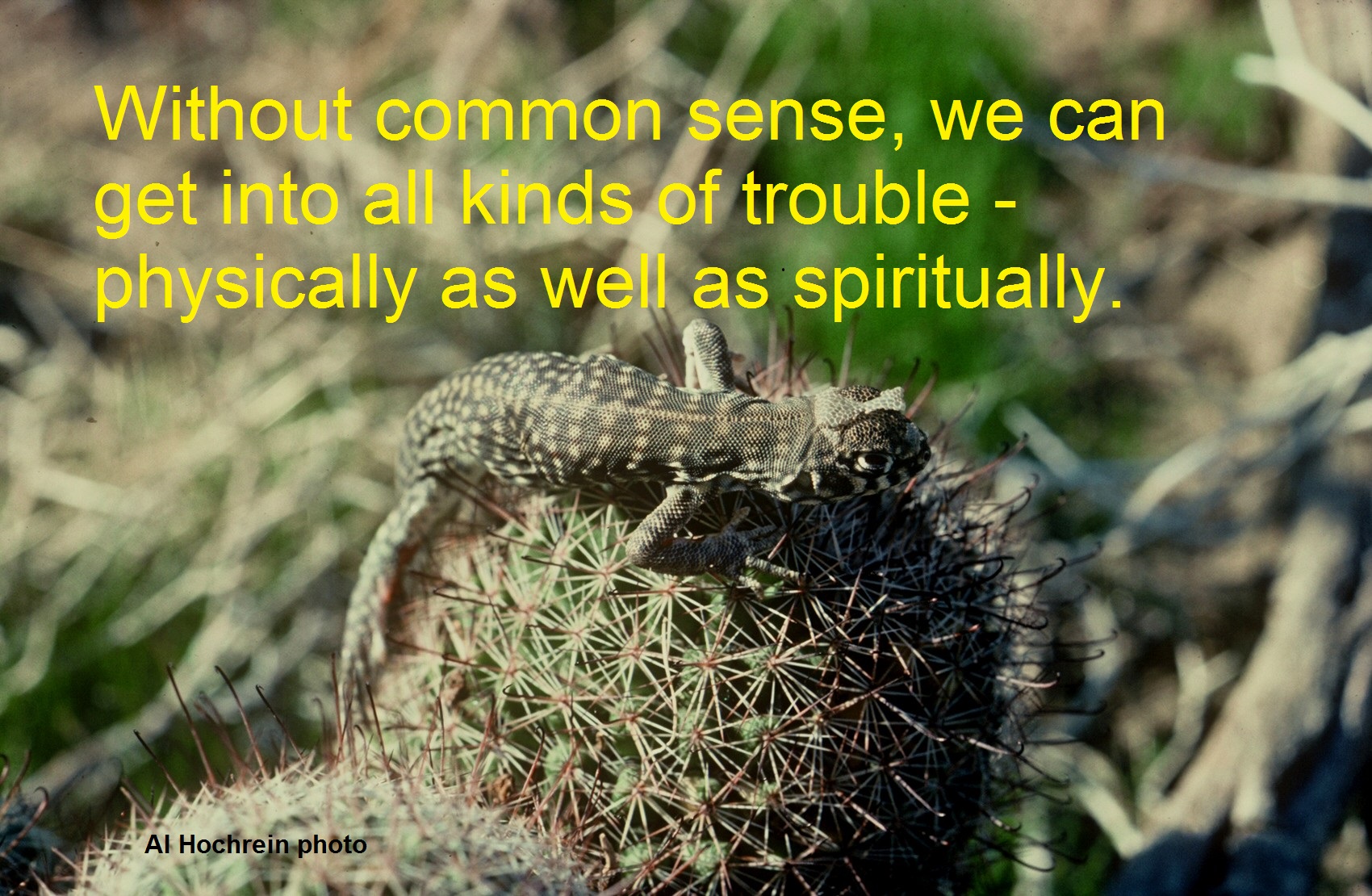
Part Two: Why Are Moral Relativism and Religious Pluralism Inconsistent and Indefensible?
Moral relativism and religious pluralism are two fundamental presuppositions (assumptions) of postmodernism. In the next two weekly blog posts, I’ll explain what each of these presuppositions means and give examples of how they are used. But as a way of getting started, this week we’ll look at what are the qualifications for any legitimate worldview. This will make it easier to see why relativism and pluralism are illegitimate worldview assumptions.
In the broadest sense, a worldview is a standard or filter by which an individual, consciously and unconsciously, interprets all data to maintain a consistent and coherent understanding of the whole of reality. Worldviews are made up of certain presuppositions that people take for granted to be true. This includes ethical and religious values. However, the presuppositions that form the infrastructure of a worldview are not automatically true. They may be partially true or false. If its foundational presuppositions are false, the worldview that rests on them will also be false, and people will believe truth-claims (religious or otherwise) that are far removed from where the truth lies. In the next couple of blog posts, we’ll see this is the case with moral relativism and religious pluralism.
Worldview Tests
For a worldview to correspond to reality, it must pass at least three tests: (1) it must be both internally and externally consistent and coherent (not contradictive); (2) answer crucial questions about life and the cosmos that correspond to human nature and experience as universally understood and lived out; and (3) be emotionally and spiritually satisfying.
The fact is, moral relativism and religious pluralism, as worldview ideologies, fail to pass any of these fundamental tests. Neither have legitimate and consistent answers to life’s great questions. Rather they promote beliefs that are out of sync with human nature and experience and often common sense (e.g. “All religions are true” or “There are no absolute moral standards that apply to everyone”). The Christian worldview alone is internally and externally consistent, coherent, and corresponds to reality. Furthermore, unlike false ideologies, Christianity can be demonstrated to be objectively true, and to a degree unmatched by any other religious worldview.
Our apologetic tactic is to challenge postmodern relativists and religious pluralists to justify the inconsistencies and false claims typical in the postmodern worldview. When they fail to do so, the door is open for us to provide the biblical perspectives on Christianity’s coherent and consistent answers to life’s great issues: Why are we here? Where did we come from? What happens to us after death? Why is there so much pain and suffering in the world? Why do we need a redeemer and savior? ©
I examine in detail moral relativism and religious pluralism in my revised and expanded edition of Defending Your Faith; Reliable Answers for a New Generation of Seekers and Skeptics.